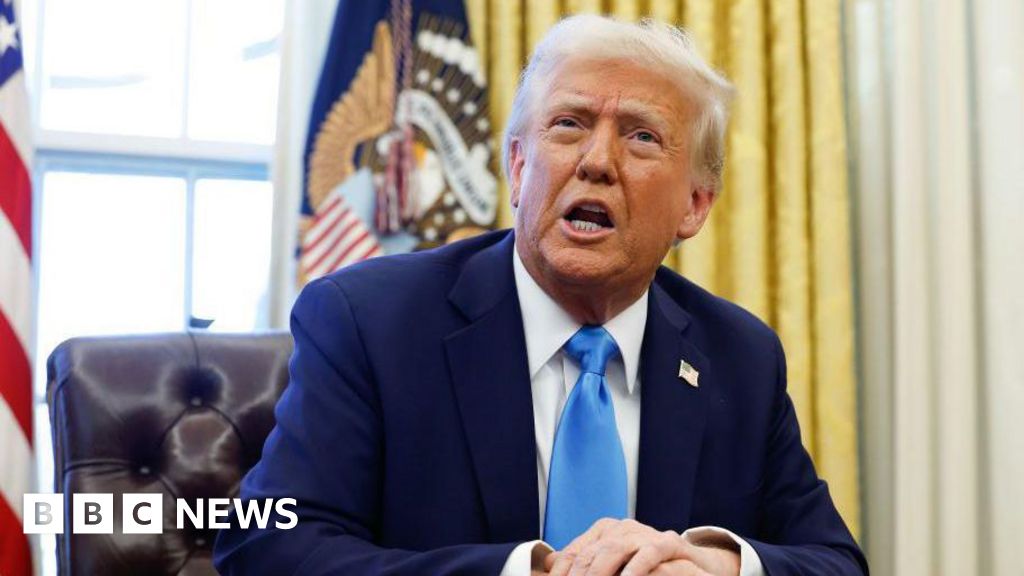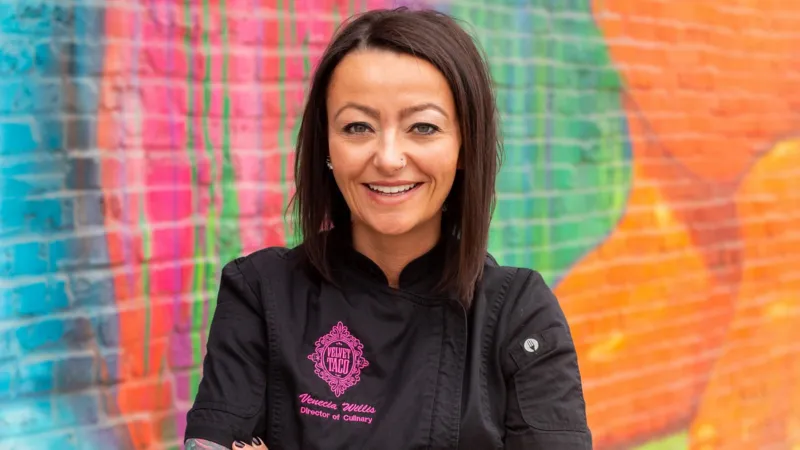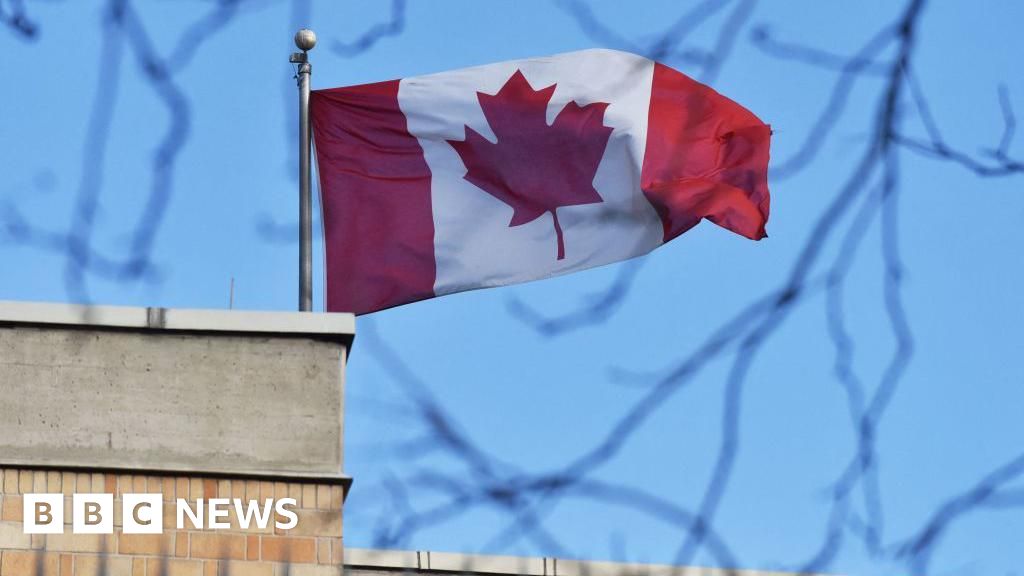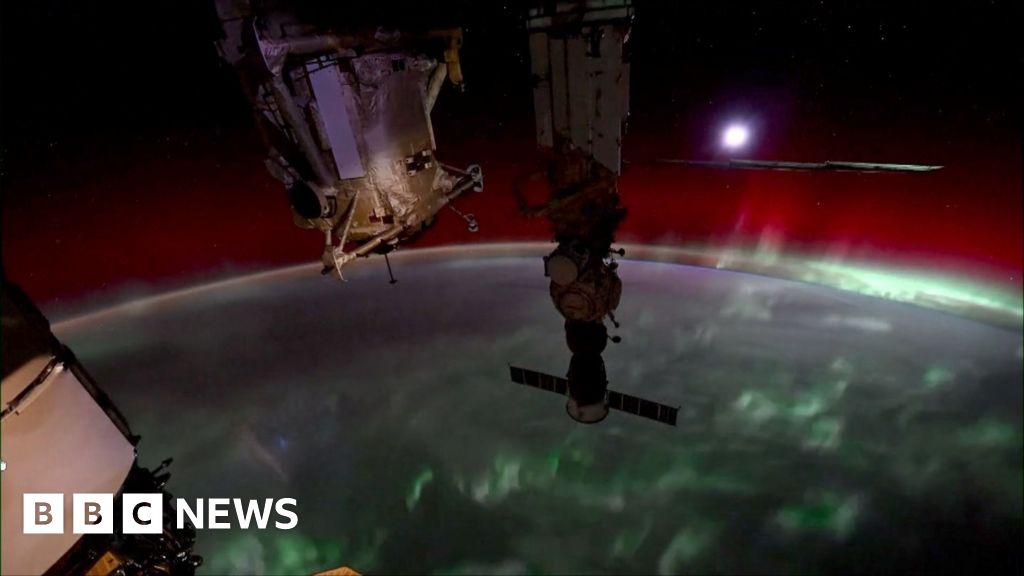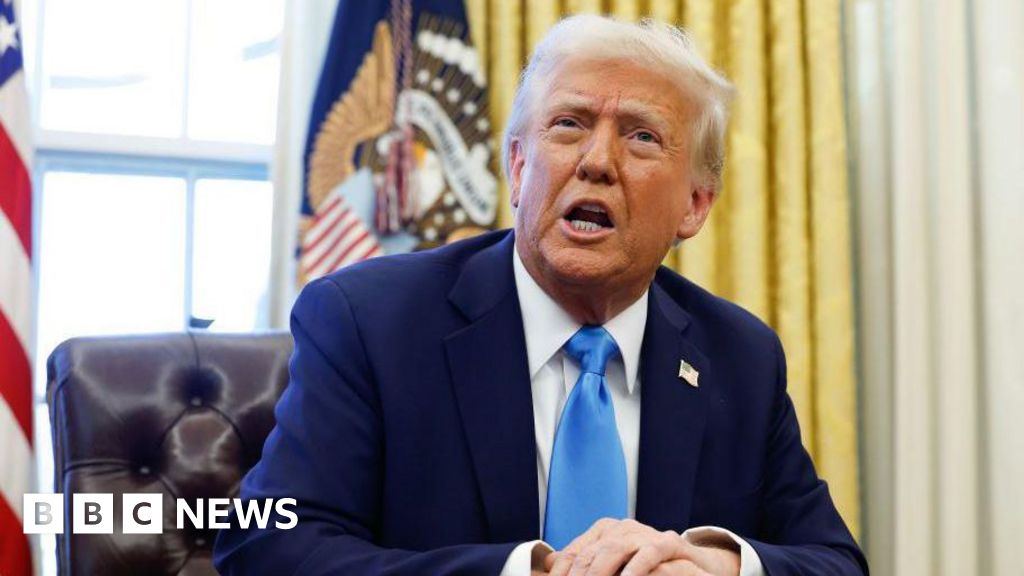
Dozens of countries have expressed “unwavering support” for the International Criminal Court (ICC) after US President Donald Trump imposed sanctions on its staff.
A majority of member states, including the UK, Germany and France, said that the ICC was “a vital pillar of the international justice system”.
Trump announced the sanctions after hosting Israel’s Prime Minister Benjamin Netanyahu – the first foreign leader to visit him since returning to power.
Last year, the ICC issued an arrest warrant for Netanyahu over alleged war crimes in Gaza – which Israel denies – as well as a Hamas commander. The US has condemned the court’s “shameful moral equivalency” between Israel and Hamas.
The US and Israel do not recognise the authority of the ICC, the only global court with powers to prosecute individuals for genocide, crimes against humanity and war crimes. It has also previously launched investigations into US citizens.
The ICC counts 125 member states around the world, including the UK and many European nations.
The UK, France and Germany were among the 79 signatories to a joint statement issued on Friday to condemn Trump’s executive order. Australia, the Czech Republic, Hungary and Italy were among the absent.
Earlier on Friday, the ICC had called on its member states and global civil society to “stand united for justice and fundamental human rights.”
It pledged to continue “providing justice and hope to millions of innocent victims of atrocities across the world”.
The ICC last year issued arrest warrants for US-allied Israeli leaders, and a Hamas commander, over the war in Gaza.
ICC prosecutors have said there are “reasonable grounds” to suggest Netanyahu, his former defence minister Yoav Gallant, and Hamas’s Mohammed Deif – who was killed last year – bear “criminal responsibility for alleged war crimes and crimes against humanity”.
But a White House memo circulated on Thursday accused the ICC of creating a “shameful moral equivalency” between Hamas and Israel by issuing the warrants at the same time.
Trump’s order said the ICC’s recent actions “set a dangerous precedent” which threatened to “infringe upon the sovereignty of the United States”. It argued the ICC “undermines” the national security and foreign policy work of Washington and its allies.
The order also said the US and Israel “are thriving democracies with militaries that strictly adhere to the laws of war”.
The sanctions were announced while Netanyahu was on a visit to Washington.
The list of affected individuals has not yet been announced, but the sanctions could target people who work in ICC investigations. Sanctions could include financial and visa restrictions placed on individuals and their families.
The court’s technical and IT operations – including evidence gathering – could also be affected. Observers have voiced fears that victims of alleged atrocities may hesitate to testify.
The court’s inaugural chief prosecutor has told the BBC how the rest of the world responds will be most important.
“It’s a challenge for the all the state parties – for all Europe, UK, South Africa, Argentina, Brazil, Japan, New Zealand, Australia – are they going to let Mr Trump to become the global president?” Luis Moreno Ocampo told the BBC Newshour programme.
The UN has called for the measure to be reversed, while European Commission President Ursula von der Leyen said the ICC “must be able to freely pursue the fight against global impunity”.
But Israeli Foreign Minister Gideon Saar said he “strongly” commended Trump’s executive order.
He claimed the ICC’s actions were “immoral and have no legal basis”, accusing the court of not operating “in accordance with international law”.
The US has repeatedly rejected any ICC jurisdiction over American officials or citizens, and has accused the court of placing constraints on Israel’s right to self-defence, while ignoring Iran and anti-Israel groups.
During his first term in office, Trump imposed sanctions on ICC officials who were investigating whether US forces had committed war crimes in Afghanistan.
This included a travel ban and asset freezes against former chief prosecutor Fatou Bensouda.
Those sanctions were lifted by President Joe Biden’s administration.
But during his last weeks in office, Biden also criticised the ICC’s warrant for Netanyahu, calling the move “outrageous” and saying there was no equivalence between Israel and Hamas.
In response to efforts to what they described as attempts to challenge the ICC’s authority, nine nations – including South Africa and Malaysia – launched the Hague Group last month in an effort to defend the court and its rulings.
